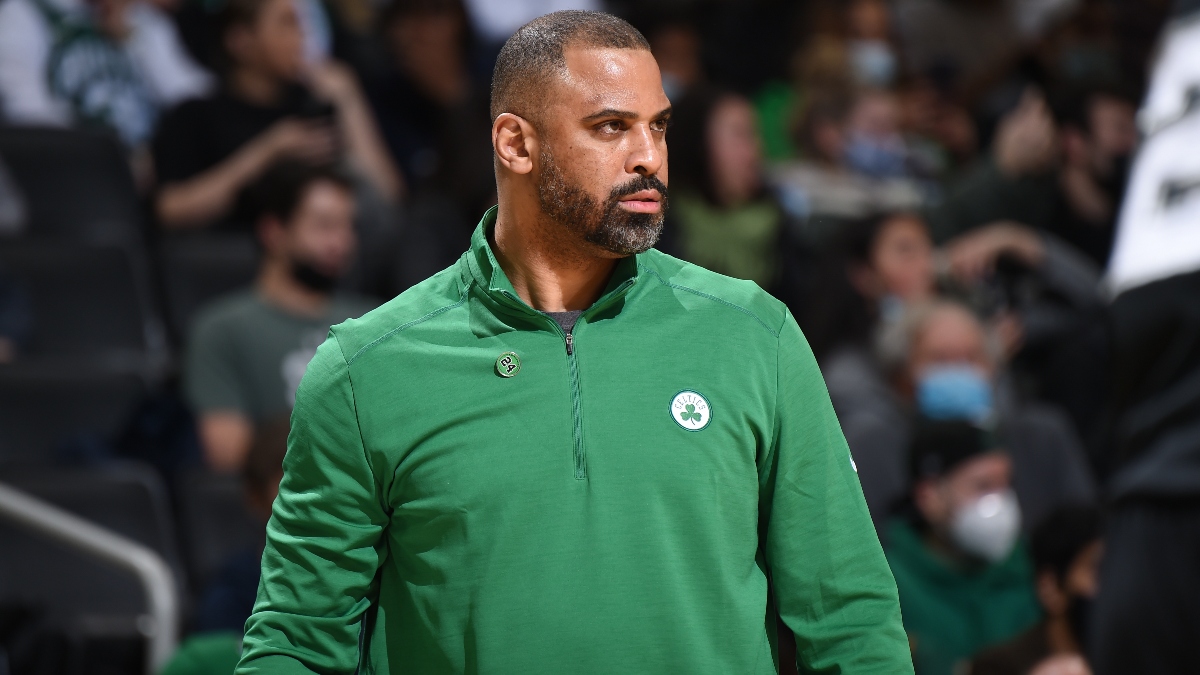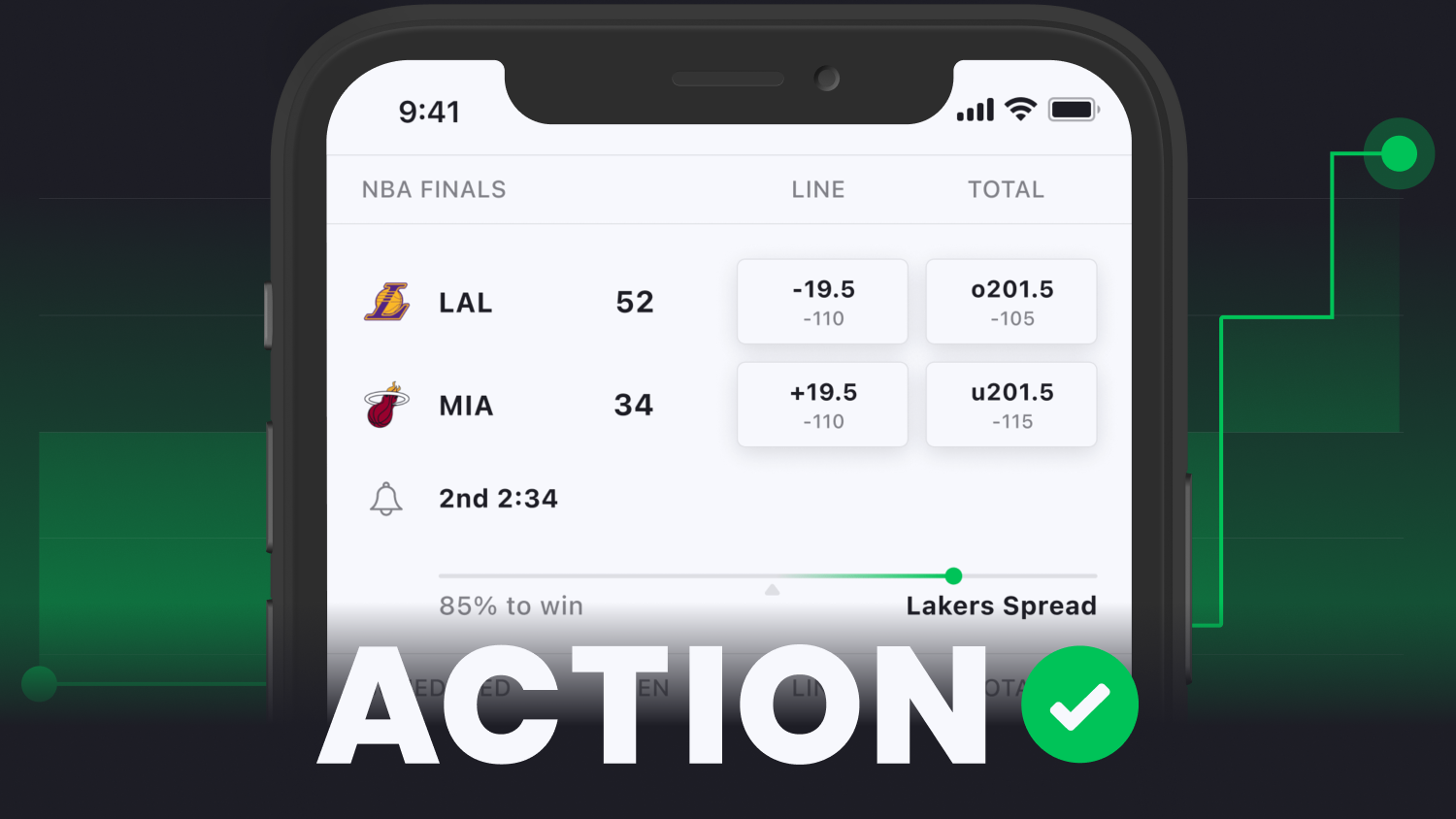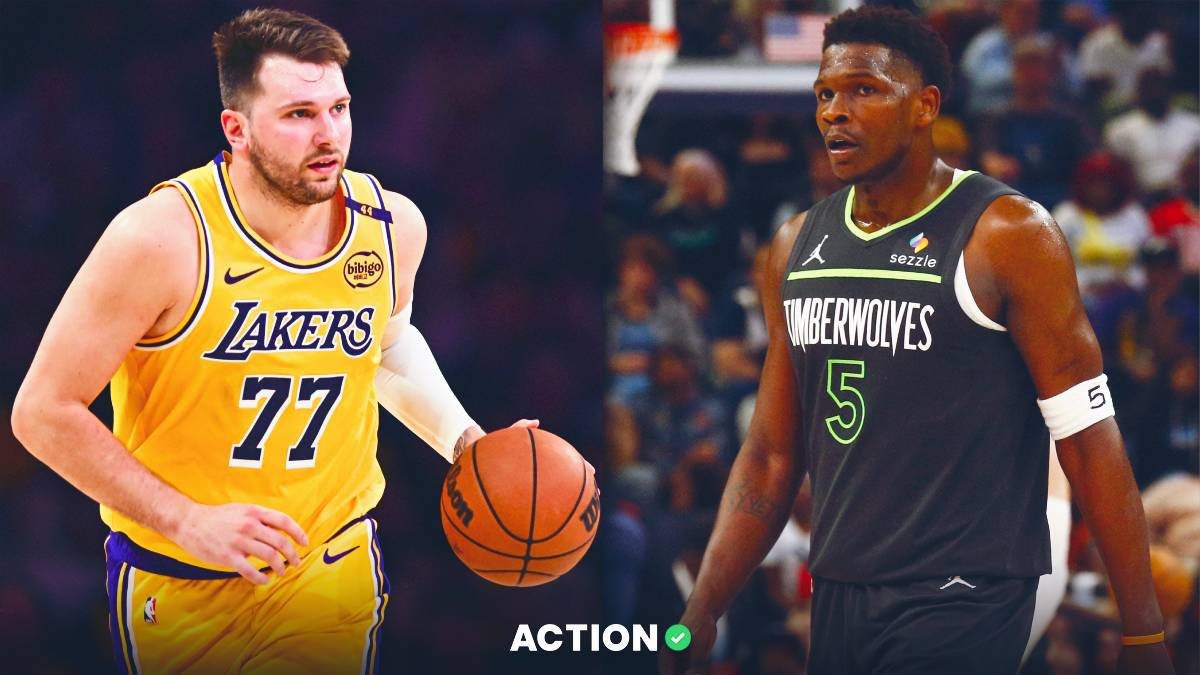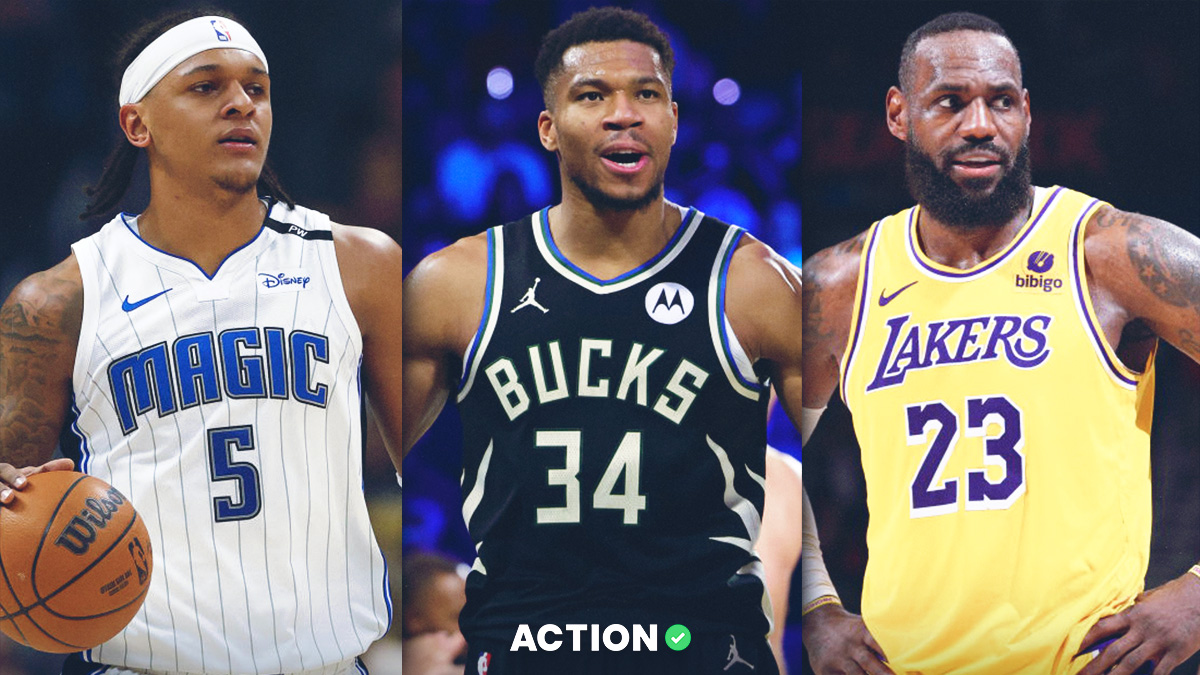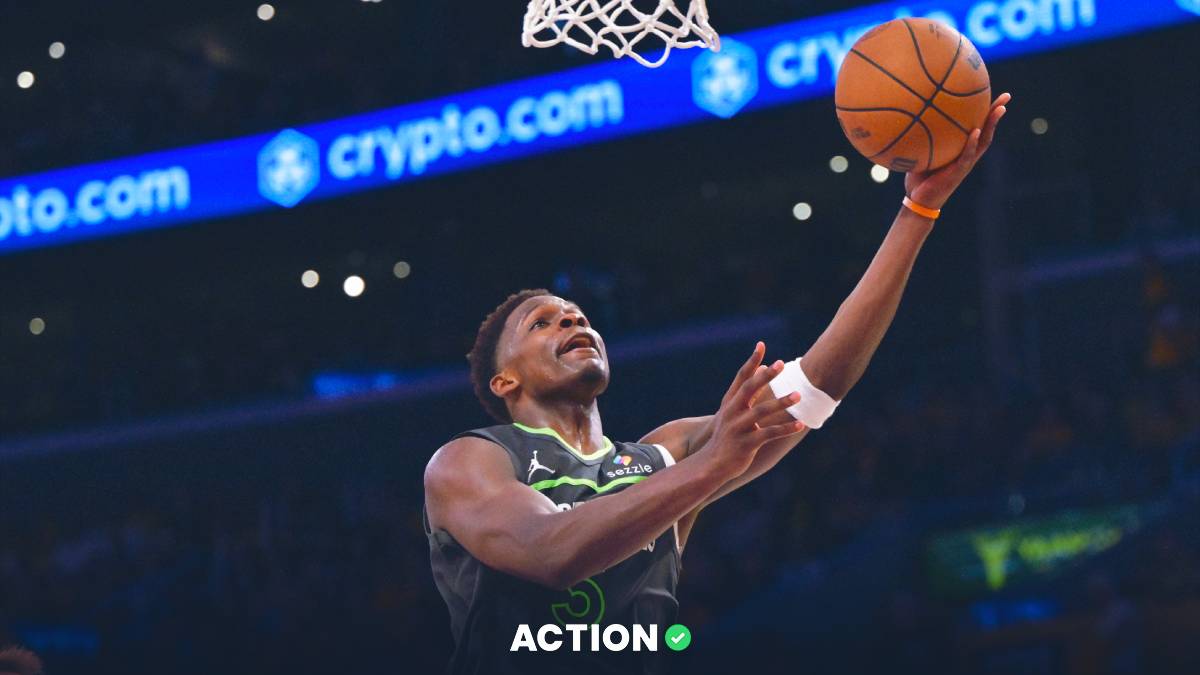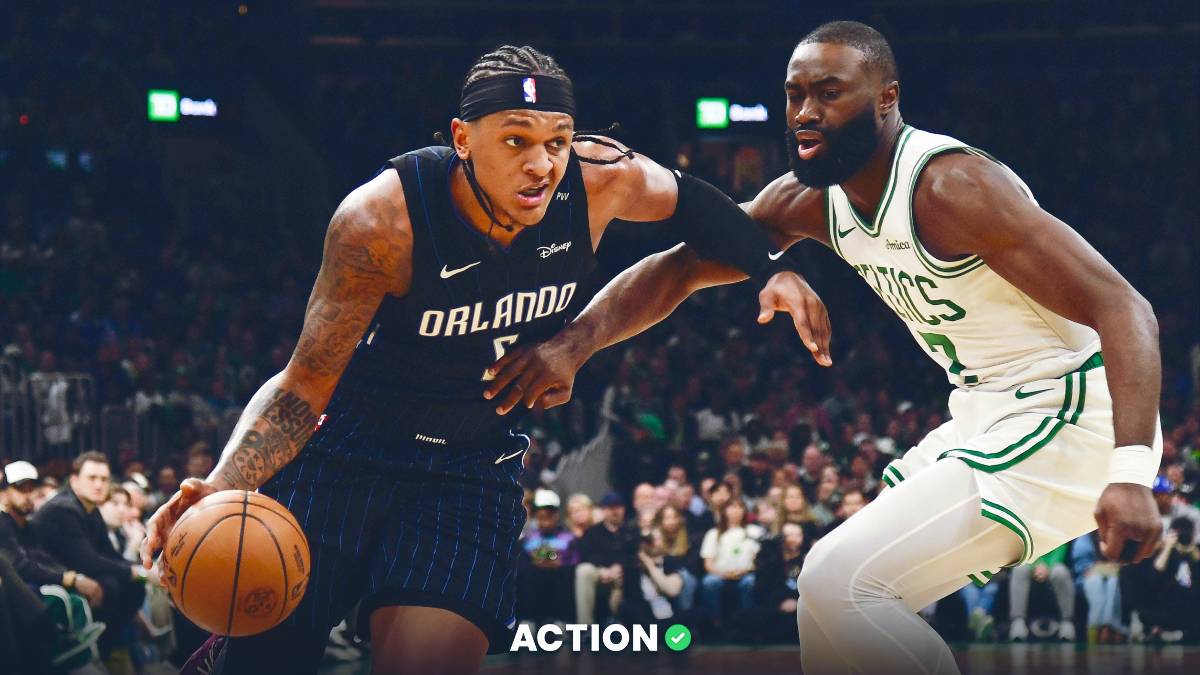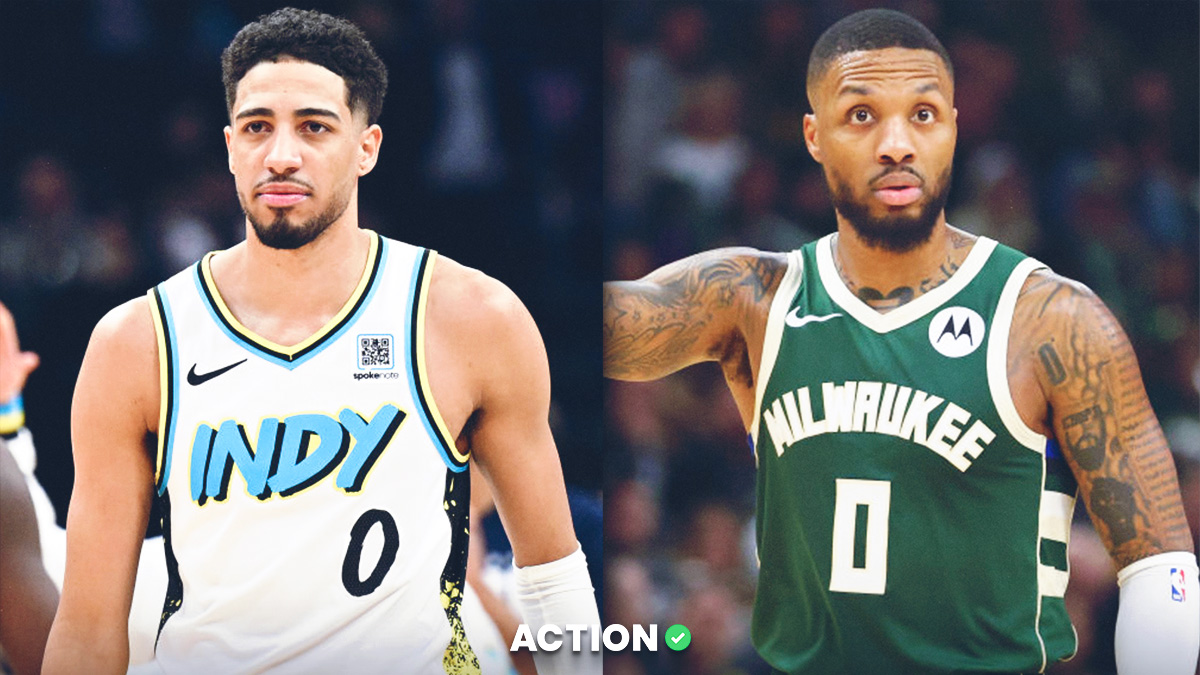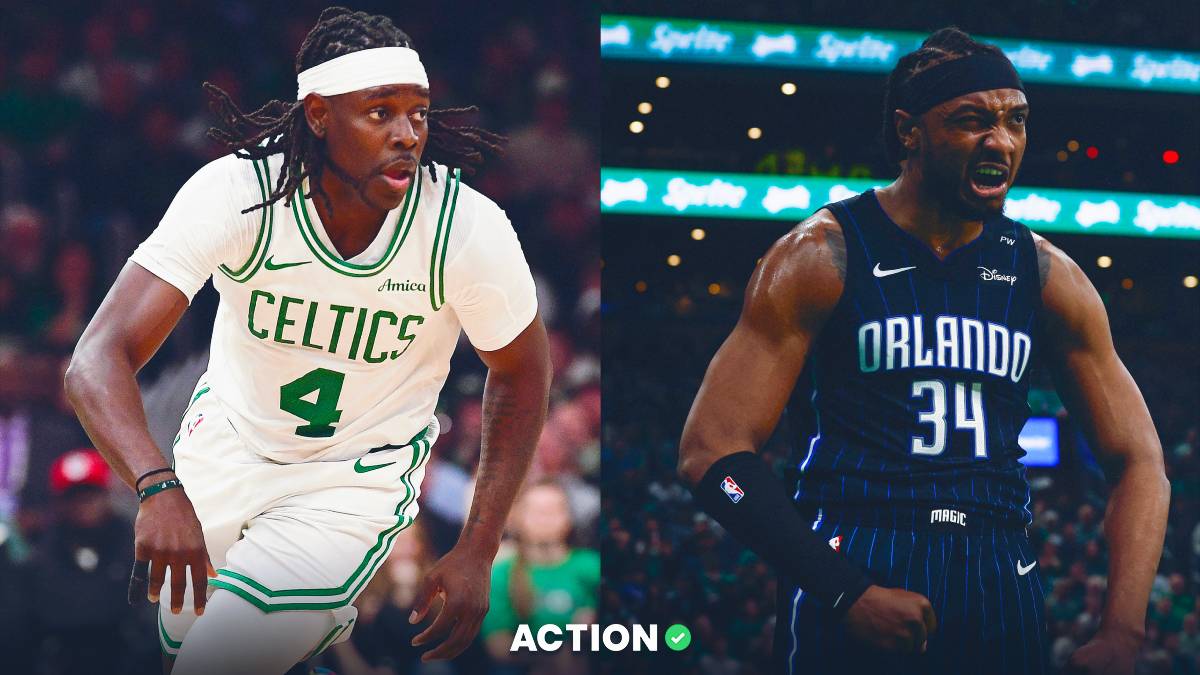After the news of Boston Celtics coach Ime Udoka facing a likely long-term suspension for a violation of team policies sent shockwaves through the NBA and its internet consumption chamber Wednesday night, the Celtics made it official on Thursday. Udoka has been suspended for the entirety of the 2022-23 season.
— Boston Celtics (@celtics) September 23, 2022
There will be discussion and commentary on a number of elements of this story, including the severity of the suspension, whether Udoka should have been fired outright and why these policies exist. If you have strong feelings on why these policies should not be in place, I encourage you to use Google to discover the origins, reasoning and importance of these policies.
For the purposes of this article, we’re gonna skip over that because there are a number of facts that will not change:
- Those policies were in place
- Those policies were violated
- There are legal reasons why those policies are in place and why discipline has to be established in light of the violations
- Udoka will not coach the Celtics for a duration, pending a potential appeal
Assistant Joe Mazzulla is expected to take over as interim coach, but Chris Mannix, who is very tied into the Celtics organization, suggested former Lakers coach Frank Vogel may join the staff. The Celtics are extremely short on experience — Mazzulla is 34 years old and joined the team in 2019 (he had previously coached with Boston's G-League affiliate). For reference, Celtics center Al Horford is 36.
The market remains all over the place on Boston’s futures based on the news. At volume-market books like DraftKings and FanDuel, there hasn’t been an adjustment on the win total (54.5) or title futures (+550, shortest odds). At high-limit books like Circa Sportsbook and SuperBook, there was an adjustment from 54.5 to 52.5 wins.
(There are still 55.5’s in the market, juiced to the under, like at BetRivers.)
So, you can expect a market move against the Celtics when the official suspension comes down and the public books start to copy some of the high-limit books a little closer.
It’s important to note that the move regarding Udoka’s status was made in a vacuum. SuperBook’s VP of Risk Management, Jeff Sherman told Action Network that the coaching change — and no other developments — was the cause for the two-win drop.
Starting center Robert Williams underwent arthroscopic knee surgery and is expected to miss 4-6 weeks, putting his projected return into early November. It should also be noted Williams suffered an MCL sprain before last season’s playoffs and returned to play through it instead of having surgery.
This is on top of Danilo Gallinari’s season-ending injury. Players of Gallinari’s level affect spreads and subsequently win totals very little, if at all. Players of Williams’ caliber impact them to a small degree (but always less than the casual public expects). However, SuperBook, at least, did not move the number based on those developments.
Now we get into the question of what a coach is worth in the NBA.
There’s a divide here between bookmakers and analytics experts. Several analytics experts employed by teams told Action Network that coaching is often overrated in the discourse, and ultimately the difference between a great coach to a neutral coach is less than two wins.
The gap between a good coach and a bad coach is greater, obviously, but the ranges on those are significant, with two predominate lines of thought: one that the gap is greater because bad coaching hurts substantially more than good coaching helps, and one that the gap is effectively nothing because the difference in coaching is so little that it doesn’t matter.
Bookmakers pretty clearly see there is some impact on not having Udoka. If nothing else, it creates an environment of uncertainty that favors a wider range of outcomes.
So, how do you grade out a coach?
The majority of the workload for a coach is unseen. It’s decision-making. Hundreds of decisions are made every season, from rotations to playcalling to emphasis to game-planning to travel and practice timing.
What the public sees is limited: how prepared a team tends to be if the offense has direction and execution, their use of timeouts, how the team performs out of those timeouts and rotation decisions.
We’re effectively judging how good a coach is on a handful of decisions amid hundreds and then forming drastic decisions.
However, some decisions are more important to the actual win probability of a certain game or set of games than others. Playing a player who is consistently a minus relative to the team will make the team worse in win probability. Executing poorly in key out-of-timeout situations will lower the win probability. These are situations that directly and clearly impact outcomes in measurable ways, so they have more of an influence.
Only six of 20 lineups for the Celtics that played over 20 minutes together last season after they changed their rotation in late January were negative in raw plus-minus.
The Celtics were 22nd in points per possession in the last two minutes of the 4th quarter or overtime coming out of timeouts. Boston was 3-9 in games decided by three points or less and 26th in clutch time (final five minutes, within five points) net rating.
Even after their turnaround began on January 29th, the Celtics were still 27th in clutch time net rating.
So those, combined with the Celtics’ overall phenomenal net rating, record and NBA Finals appearance (all of which ultimately matter more than the granular stats) are the measurable things we know about Udoka’s impact.
A two-point drop in win total and a move from +550 to +650 (15.4% implied to 13.33%) seems accurate.
However, I’d caution bettors to wait. There are four potential outcomes for the Celtics’ coaching situation going forward:
- Joe Mazzulla takes over as an inexperienced interim coach.
- Brad Stevens takes over as both President of Basketball Operations and Head Coach. The long-term performance of teams with that structure is poor, but in a single-season environment with an already built and excellent roster, Stevens likely presents a slight upgrade on Udoka. (I’d ballpark it at +2.5 wins, relative to the minus-2 for Udoka.)
Frank Vogel, who Chris Mannix reported may join the team as an assistant, effectively acts as head coach. I’d ballpark that at a +1 vs. the -2 for Udoka for a net -1.
Another coach is brought in, effectively making it an unknown variable.
Two of those four outcomes come with a clear improvement to the win total, giving the over (or related derivative futures if you believe win total should impact title odds) some value in this Schrödinger’s Celtics situation. But the movement won’t be such as to lose significant value by waiting.
To move beyond concrete discussion points, don’t underrate the possibility of this impacting Boston’s regular-season motivation. This will create scrutiny, which sparks defensiveness, which can generate an “us against the world” mentality.
I advocated for the under on the Celtics’ win total at 55.5 on the BUCKETS podcast.
The trends hold here. Win totals of 52.5 or greater have gone 27-12 to the Under in the past 10 years. If you want to narrow it down, win totals between 52.5 and 55 are 11-4 to the Under.
There’s no outcome with regard to the Celtics’ coaching situation that would move me off the under, let alone toward an over.
Title futures are different. If you believe, as I do, the Celtics are unlikely to go over and are more likely to finish closer to 50 than 55, then this is not the best time to buy Boston, even with the number having decreased. There’s a later window to buy low.
However, I think it’s arguable their playoffs futures should not have been downgraded at all. The end of the NBA regular season is a full seven months from now. There will be more developments in the title picture between now and then and the odds of those developments raising or lowering Boston’s chances are equal in that they are unknowable.
(The odds of Jayson Tatum or Jaylen Brown suffering a significant injury that will impact the playoffs are roughly the same as for Kevin Durant, Joel Embiid or your preferred Eastern Conference contender — even if those specific players have higher injury risks game to game or week to week.)
You can argue Boston’s playoff chances will be worse if the replacement coach is worse than Udoka, who had a -14.2 clutch time net rating in the playoffs despite a 7-5 record. (There are a lot of reasons to raise an eyebrow at the Celtics’ Eastern conference title.)
I don’t think Boston is a buy at this point, given the opportunities later, but I also don’t believe regular season performance should correlate as strongly to playoff projection as they do in the odds.


